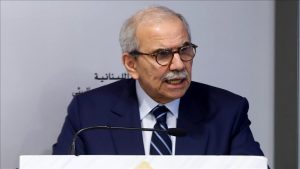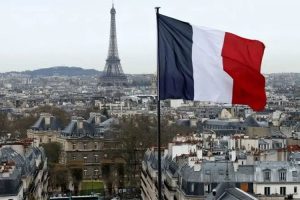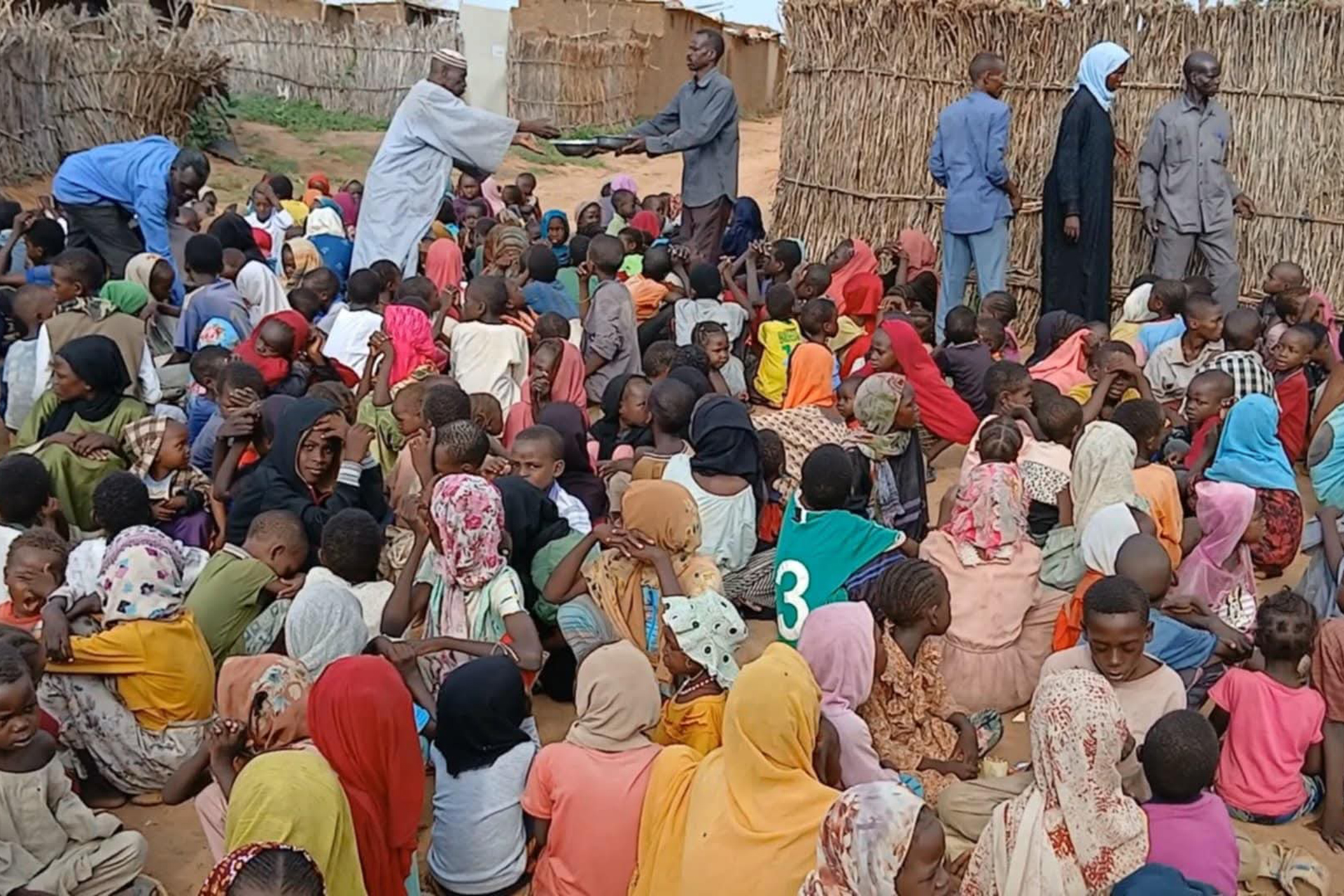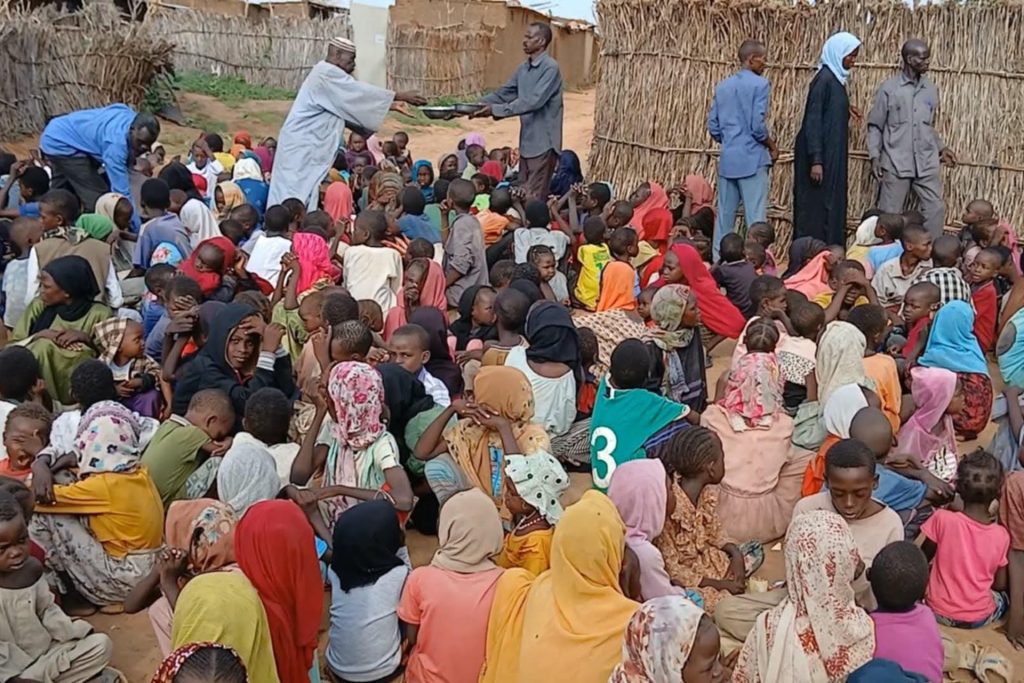The city of Al-Fashir contributed clearly over 120 years ago to significant events, but the media has been preoccupied with other crises such as the hunger affecting the people of Al-Fashir and Sudan in general, leading to Sudan’s marginalization in the media due to other crises like Gaza and Middle East events.
Unfortunately, Sudan’s chance was lost amid accumulating wounds on the media scene, which became prey to priorities and ongoing events. The deep wound of Gaza opened simultaneously with Sudan’s wound, and with the intensity of Middle East events, there was no possibility to pay attention to Sudan.
Assuming that the humanitarian aspect is agreed upon by all, despite differing views on Sudanese affairs, the mental images controlling the way of editing and defining the issue is another matter.
Before the war, Sudan was not in a position to host anyone, yet it hosted refugees from other countries like Yemen and Syria, and the Sudanese state provided them with many services, and the Sudanese people treated them with kindness and generosity, which necessarily requires the international community to fulfill its duty. I do not know when the international community actually fulfilled its duty except when interests demanded it, otherwise, expressing concern is enough pride for it.
The “Imran” program by the distinguished media professional and humanitarian activist Suwar Al-Dhahab Ali tried to focus on the crisis and situation in Sudan, but despite its strength, it remained alone without much support except from some social media activists.
Restoring the humanitarian situation in Sudan to the required momentum is linked to the complexities imposed by media systems. The media system refers to the relationships between the institution and its directives, the staff working in it, and the surrounding facts. Hence, we come to address the core of the problem.
Assuming the humanitarian aspect is agreed upon by all, despite differing views on Sudanese affairs, the mental images controlling the way of editing and defining the issue is another matter. Away from Sudan’s current political situation, how was Sudan presented on satellite channels? And how was it viewed?
Media coverage of Sudan is divided among competing media factions and their standards. Al-Fashir, which covered the Kaaba, must find someone to cover it with the cloak of forgetfulness.
Sudan has always been part of war coverage in politics, and mistakes by non-Sudanese announcers in pronouncing names of prominent Sudanese figures have been noted by Sudanese.
In culture, except for the programs “Al-Masha” and “Al-Shahid,” no one delved deeply into Sudanese culture beyond discussing Tayeb Salih’s novels and Professor Abdullah Tayeb’s talks. Other names known to Sudanese remained confined to local Sudanese circles, as Lebanese media professional Zahi Wahbi once implied, saying: There are countries in the Arab world with stars we do not know much about, and they deserved to reach the Arab world, but they remained local.
You do not find a journalist specialized in Sudanese affairs except Sudanese themselves; only two Egyptians who knew Sudan as their own and have passed away: Milad Hanna and Youssef Al-Sharif.
Thus, media coverage of Sudan is divided among competing media factions and their standards. Al-Fashir, which covered the Kaaba, must find someone to cover it with the cloak of forgetfulness.














Recommended for you
Talib Al-Rifai Chronicles Kuwaiti Art Heritage in "Doukhi.. Tasaseem Al-Saba"
Exhibition City Completes About 80% of Preparations for the Damascus International Fair Launch
Unified Admission Applications Start Tuesday with 640 Students to be Accepted in Medicine
Egypt Post: We Have Over 10 Million Customers in Savings Accounts and Offer Daily, Monthly, and Annual Returns
His Highness Sheikh Isa bin Salman bin Hamad Al Khalifa Receives the United States Ambassador to the Kingdom of Bahrain
Al-Jaghbeer: The Industrial Sector Leads Economic Growth